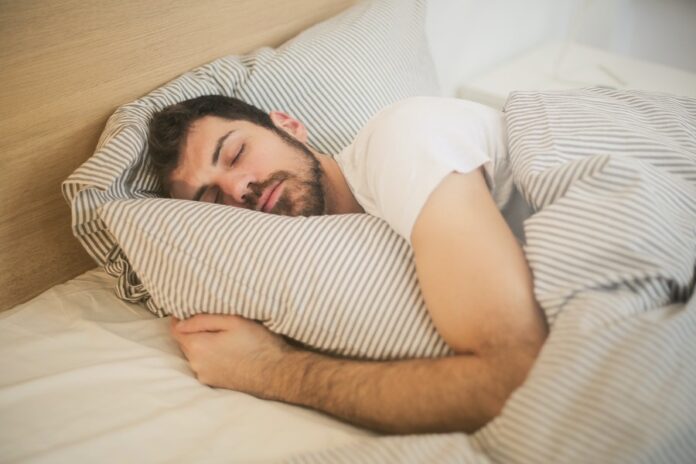We’ve all heard of it, working out is great for your body and mind. Getting those endorphins flowing and body pumping can leave each and everyone of us feeling great. However, little do we know the benefits that exercising can have on your sleep. We all know working out can provide wonders for your mental health, but did you know it can also work wonders for sleeping?
This blog will explain the benefits of how exercise can help you get a better night’s sleep. Forget about waking up every few hours with a new thing on your mind, working out can help you achieve that new sleep goal you have been desiring for some time.
Better Sleep = Better Memory
A good sleep can help to strengthen your memory and can actually help you absorb the skills you learned while being awake. We’ve all been there, you’ve had a full day full of work or studying, and you wake up the next day feeling as if you’ve forgotten everything!
Well, a good sleep can help you absorb all that information you need not forget.
A good night’s sleep helps to make your memory sharp and helps you in remembering things more than the ones who do not take adequate sleep. As sleep is important for a number of brain functions, including how nerve cells (neurons) communicate with each other, getting a good night’s sleep can work wonders for your health.
In addition, as your brain and body stay remarkably active while you sleep. Recent findings suggest that sleep plays a housekeeping role that removes toxins in your brain that build up while you are awake.
Getting a good workout in during the day can help you switch off more easily when your head hits that pillow. Why not exercise and provide wonders for your brain and removing toxins.
Exercise for a better night’s sleep
One way that exercise helps you to get better nights sleep is due to the body-heating effects of exercise, especially when performed in the afternoon or later. Exercise triggers an increase in body temperature, and the post-exercise drop in temperature may promote falling asleep. Exercise may also reduce insomnia by decreasing arousal, anxiety and depressive symptoms.
As a top tip, we recommend exercising in the evening if you tend to feel tired after exercising. If you have a full day’s worth of work to complete, feeling tired might in-fact demotivate you. Workout in the evening to feel the full benefits of exercising.
Aerobic (or cardio) exercises get your heart rate up. Exercise such as running, brisk walking, cycling, and swimming, have been shown to improve sleep and battle insomnia. Even a quick jog in the park or a lunch time work can positively impact your sleep, so make sure you factor this into your everyday routine or pop it on your to-do-list and make time for exercising.
Building muscle has been shown to improve the quality of sleep, and it can also help you fall asleep faster and wake up less frequently throughout the night. So try doing exercises like shoulder presses, bicep curls, tricep dips, squats, lunges, calf raises, sit-ups, and push-ups that will make you stronger. It is weird to think that strength training can go part and partial with better sleep, however the facts have shown that building muscle provides wonders.
Lastly, Yoga’s relaxing poses and stretches, as well as the calming breathing exercises that accompany them, may be especially helpful if stress is what’s keeping you from falling asleep. Those with insomnia who do yoga daily for eight weeks are likely to fall asleep faster and increase the amount of time that they spend sleeping. The feeling you get after completing a yoga session is contagious. Make sure you factor in time, even if it is 15 minutes a day to give your body a full stretch.
Foam Rolling benefits sleep
There’s a whole host of tools out there that can also help you get a better night’s sleep. One of such is a foam roller. It can help with better sleep as it can make you feel really relaxed. If you do it before bed, muscles that are opened up are eased and help you to literally collapse into bed. The act of rolling out those knots of tension in your muscles elevates the mood which increases the level of serotonin in the brain. This leads to a feeling of ease and joy.
A good night’s sleep with exercise
Struggling to sleep? No need to worry. Exercise should help you get a few more extra hours of sleep and help you feel re-energised.






















